
The conflict between liberty and security has once again reared its ugly head in Sacramento as privacy rights have come under heavy fire. On September 28, 2014, Governor Jerry Brown vetoed AB 1327, a bill that would have created stricter guidelines regarding the use of drones in law enforcement. The bill, which passed in both the Senate and the Assembly, would have required law enforcement agencies to obtain a warrant before using an unmanned aircraft or drone, except in emergencies such as fires or hostage situations. It also would have prohibited police from using drones as weapons, required them to provide public notice if they purchased a drone, and made it illegal to keep photographs collected by drones for more than a year unless such photographs were pertinent to a legal action.
In light of the bill’s widespread bipartisan support, Governor Brown’s decision came as quite a blow to privacy advocates throughout the state. “I am very disappointed by this democratic Governor’s decision to veto a bill that provided common sense protections to protect privacy rights and civil liberties,” said California State Assemblymember Jeff Gorell, one of the bill’s authors, in a press release on September 29.
Governor Brown’s decision highlights the ever-growing tension over the role of law enforcement agencies in the public sphere. However, this is no justification to abandon attempts at stricter regulation of the police. After recent NSA scandals, Californians feel they have the right to demand stronger Fourth Amendment protections because unrestrained surveillance poses a serious threat to American liberty. As such, the veto of AB 1327 leaves Californians open to police misuse of drone surveillance and ultimately creates an unfavorable precedent for future legislative decisions.
The case for drone regulation is strong. On September 4, 2014, more than 40 law professors from across the country wrote to Governor Brown and reaffirmed the importance of warrant requirements for police drones. They wrote: “The warrant requirement is a time-honored, Constitutional principle, written into both the United States and California constitutions, and reflecting the simple principle that law enforcement should, absent genuine exigent circumstances, justify use of an invasive search to an independent judge.”
As long as there are no limits placed on drone surveillance, the potential for abuse is strong. In light of recent NSA scandals, it has become clear that there is little holding back the government from actively spying on U.S. citizens and other allies. Without the safeguards provided by AB 1327, law enforcement officials can potentially track unwitting citizens, target marginalized communities, develop profiles on individuals, and use collected information out of context. The requirement that police obtain a warrant before using a drone would then be a crucial check on law enforcement.
But not everyone approved of AB 1327. Governor Brown vetoed the bill because he claimed that it placed too many restrictions on law enforcement officials. In defense of his decision, he issued a statement on September 28, claiming that the bill’s exceptions “appear to be too narrow and could impose requirements beyond what is required by either the 4th Amendment or the privacy provisions in the California Constitution.” As he sees it, the bill’s privacy protections would have created greater obstacles for police, beyond what the constitution requires. However, this assessment conflicts with some of the bill’s stipulated conditions, namely that obtaining a warrant is not necessary in the case of a legitimate emergency.
Without properly explaining his decision, Governor Brown has left himself open to questions and criticisms. UC Berkeley Political Science Professor Alan Ross speculated on the political rationale behind Brown’s decision: “Because Brown is popular and faces no serious opposition, he doesn’t have to worry about backlash so we have to wonder who was lobbying him. We’re pretty naive as a society as to what’s been going on. Where are we going to start drawing the lines? Who has our records? How much is being looked at and by whom?”
Furthermore, Governor Brown’s decision to veto AB 1327 leaves California’s drone policy entirely ambiguous. At present, national drone regulations come from the Federal Aviation Administration (FAA), which only allows for drones that fly over certain film sets and the empty spaces of Alaska. Currently, the FAA estimates 7,500 drones in the next four years but this number does not reflect current policy measures. Without further guidelines for the present, many states have adopted rules for drone use and, in turn, local authorities have interpreted state laws, with often controversial results.
Despite the unclear federal and state drone laws, San Jose became the first Bay Area city to acquire a police drone earlier this year. After applying for federal funds to purchase the drone in May 2013, the San Jose Police Department quietly slipped the purchase into a November City Council consent agenda and subsequently received the drone this past January. As the purchase only became known this past July, the decision to acquire and use the drone was never open to public debate. Because the actions of the San Jose Police Department were deliberately shrouded in secrecy, the decision to acquire the drone without public knowledge, much like the decision to veto AB 1327, is the stuff of surveillance state rumblings.
Because the Fourth Amendment protects privacy and even centers reasonable searches or seizures on warrants based on probable cause, drones and other surveillance technology should not be exempt from this Constitutional right. As AB 1327’s bipartisan support indicates, privacy is a right that Californians hold dear and it’s a right that that the state government must protect. Governor Brown’s decision to veto AB 1327 has proven to be unpopular because California desperately needs practical guidelines regarding drone usage. Although there may be situations in which it is appropriate to give up some liberty for security, this is not the context for acquiescence. To ensure justice, we must not abandon due process and, as such, the veto of AB 1327 sets a disappointing precedent for future legislative decisions.
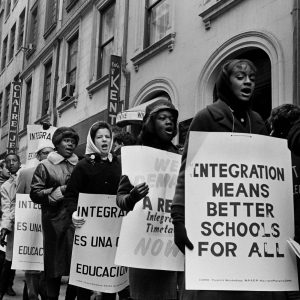
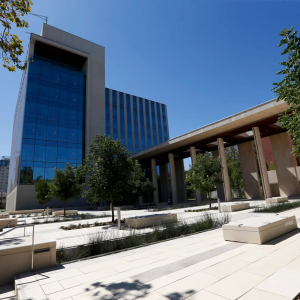
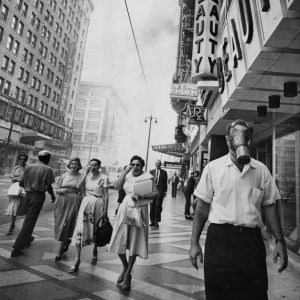
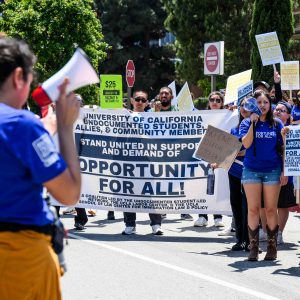
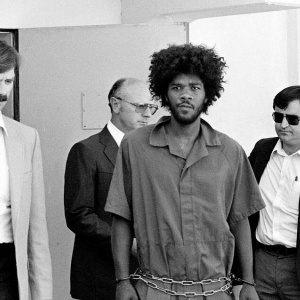
Be First to Comment